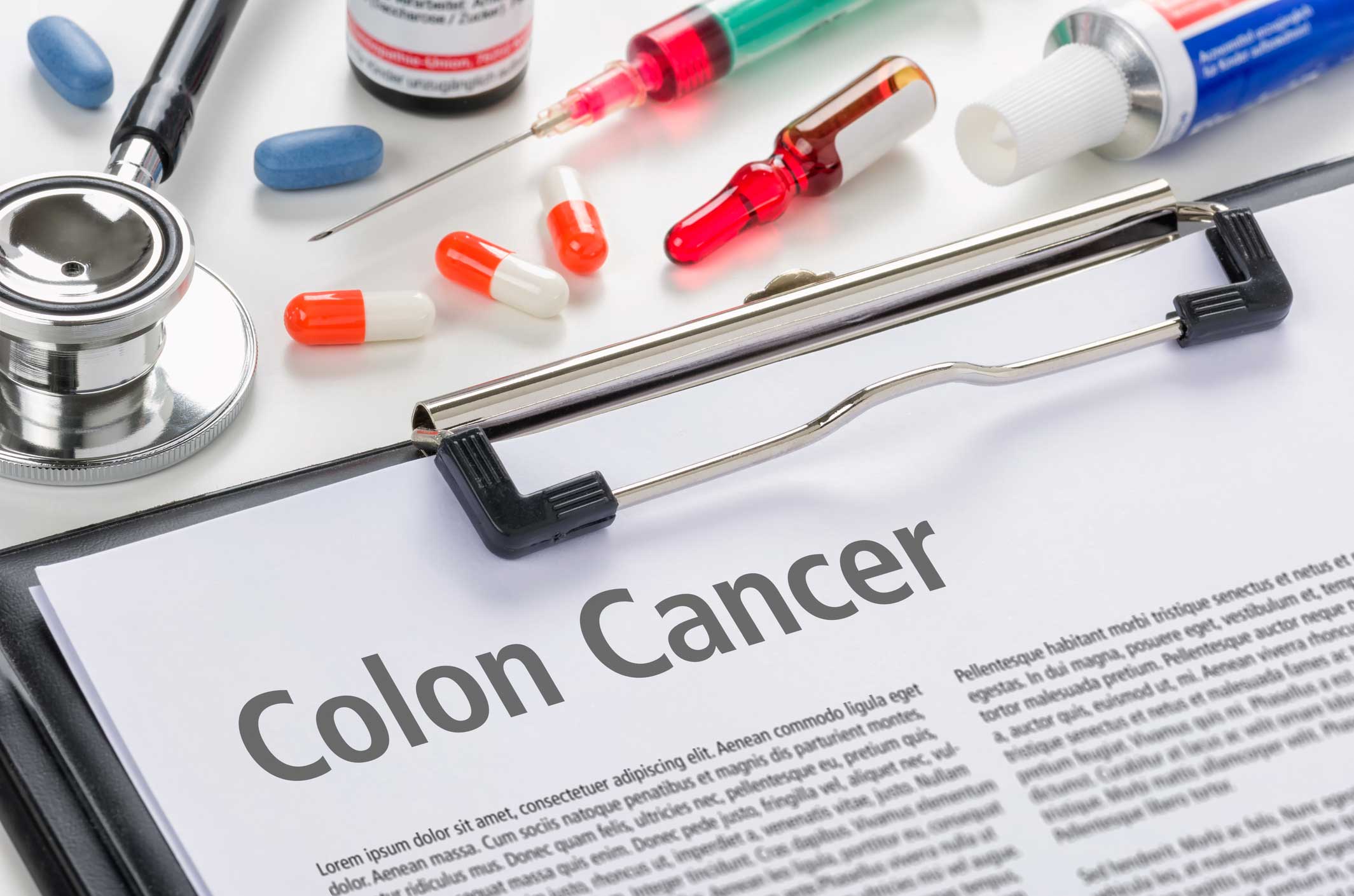When it comes to colon cancer screening, 45 is the new 50.
The latest American Cancer Society guideline for colorectal cancer screening recommends that average-risk adults age 45 and older undergo regular screening. The previous guideline recommended that people without symptoms and without a family history of the disease wait until age 50 before undergoing a colonoscopy or similar screening.
Why the change?
It’s mainly due to the rise in colon cancer in younger patients, according to Hartford HealthCare gastroenterologist Dr. Thomas Feldman.
“There’s been a significant increase — as much as a 50 percent increase in the last two decades — in colon cancers in those under age 45,” said Dr. Feldman. “It’s rather shocking. Patients who used to come in with minor complaints are now pursued much more aggressively because of these concerns.”
The reason for the increase?
“No one really knows,” he said.
Dr. Feldman’s colleague, gastrointerologist Dr. Neil Parikh, adds that there is a specific reason the age has been lowered to 45.
“Most of those patients that do get colon cancer before the age 50, it’s happening between ages 45 and 49,” Dr. Parikh said. “So these guidelines catch that population.”
Dr. Feldman emphasizes that colon cancer screenings, such as colonoscopies, work well to find colon cancer so it may be treated before it’s too late.
“The best screening is the one that gets done on time,” he said.
And now, “on-time” means, for most of us, age 45.
For more information, please call 1.855.HHC.HERE.

